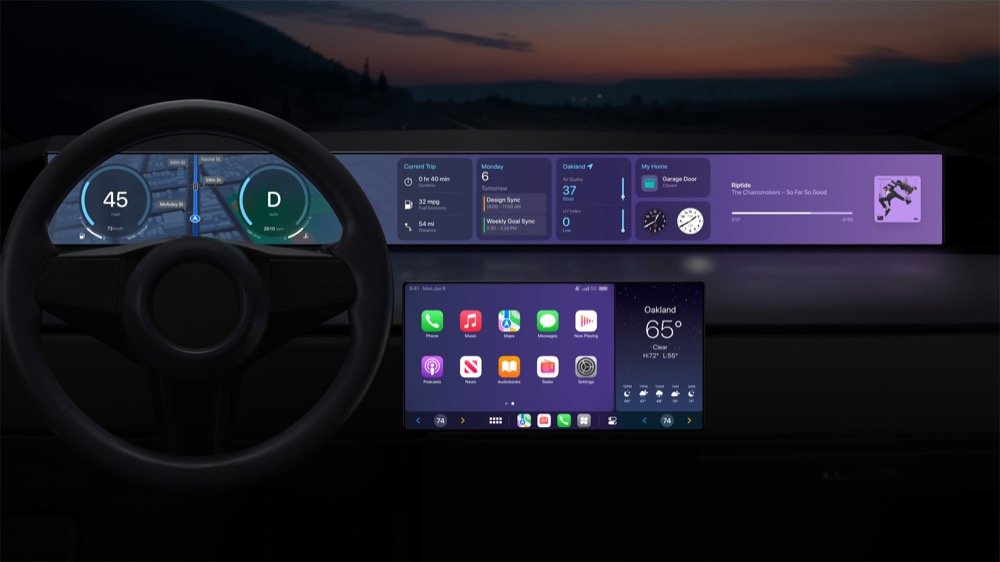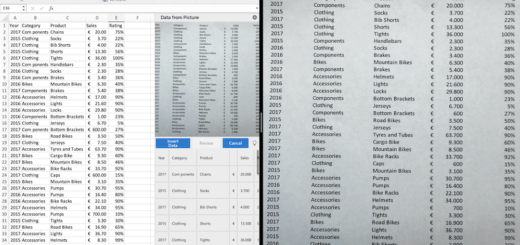Why are people spying on the Apple Car project?

Apple isn’t playing with CarPlay
What do you call a project against which at least three attempts at industrial espionage have been made? I don’t think you can comfortably describe that work as “failed” – if it was, then there would be no useful secrets to take.
Will the, won’t they, and they probably will
Apple’s work on an autonomous vehicle has been among tech’s most discussed topics for nearly a decade. Over that time, we’ve heard the project has been canned, rejigged, revised more often than you take turns on San Francisco’s Lombard Street.
Despite which at least three former Apple engineers have been accused of attempting to steal secrets from inside Apple’s car development teams. That seems like a lot of effort to take for a failed research project.
The third case, concerning Weibao Wang, just hit the Northern District court in California. He worked as a software engineer on Apple’s team designing and developing hardware and software for autonomous systems.
A court document explains such systems, “Can have a variety of applications, such as self-driving cars.” The engineer then joined a second Chinese firm, Baidu EV subsidiary, Jidu, while at Apple and presumably began sharing information with them, before fleeing to China.
What was stolen – and why?
That data included the entire source code for autonomy, tracking, behaviour, and motion planning software. It included descriptions of hardware systems used and architecture design for an autonomous system. This is the third time an ex-Apple employee has been charged with stealing such secrets, ostensibly for China.
Now the Chinese connection is interesting. Based on conjecture, I’m pretty certain there’s an active industry of similar kinds of espionage against all big companies between most nations. But what’s interesting here isn’t merely the nation, but also the attempt.
The failed heist implies Apple has already travelled much further along the road toward the Apple Car than we are usually told. We know Apple has 145 drivers on its autonomous vehicles team driving 66 cars, at least those are the ones we know of in the US. We know it has assembled a huge team, under a variety of different leaders, and has spent billions on the project.
We’ve also seen technologies that could easily be used in the car emerge across Apple’s other products, including the accessibility improvements it recently announced.
That capacity to translate signs around the home is just as useful on a road, while LiDAR’s depth of field sensors make for far more situationally intelligent machine vision systems and have evident applications in mixed reality.
(Think about the ability to remain immersed in virtual situations while being protected against crashing into the furniture; alternatively, consider the value of sign translation on the street).
There’s no smoke without fire
So, I don’t believe the arguments claiming Apple’s project is not going so well. I can believe development of critical technologies to create truly autonomous vehicles is taking longer than anticipated. I can even accept that some of those technologies may only recently have been identified as necessary. But, with industrial espionage on a trans-national scale and almost every vehicle manufacturer all deeply invested in the space, I’m not about to declare Cupertino out for the count. It’s just the product isn’t ready yet.
Please follow me on Mastodon, or join me in the AppleHolic’s bar & grill and Apple Discussions groups on MeWe




